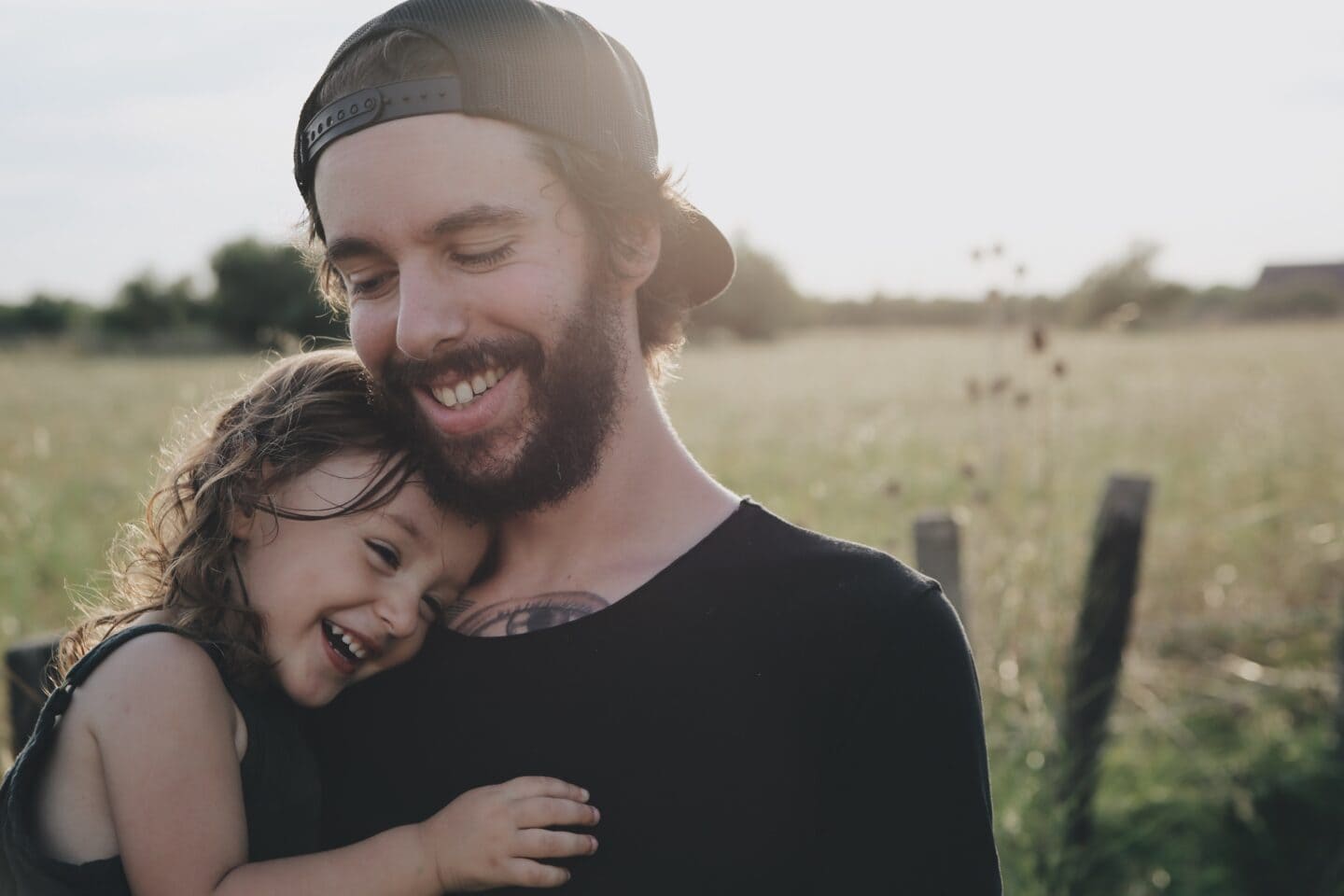
Embarking on the journey of recovery is a profound commitment to transforming oneself. One of the most crucial elements in this transformative process is having the ability to assess and prioritize aspects of your life. What are the most important things to prioritize in your recovery journey?
Embracing Physical Health
When we experience physical symptoms of addiction and we come out the other side, it can spur us to prioritize our physical health more. Prioritizing your overall physical health involves adopting a balanced approach to nutrition and exercise. There are a variety of women’s healthcare weight loss support services that can help you out, but you can also benefit from creating a personalized plan that supports recovery and weight loss goals concurrently. During the recovery process, we can become immensely grateful that we have our health, and when we develop a healthier relationship with our body and prioritize health and fitness, this also gives us an added advantage because we are finally not succumbing to certain societal pressure. This will have a positive effect on our mindset as well.
Rediscovering Purpose
The recovery process provides an opportunity to reassess both our career and educational goals. Prioritizing activities that contribute to both personal and professional growth by updating skills, pursuing your career path, or going back into education can help rediscover a sense of purpose in your work. This can be a powerful motivator on the road to recovery. When we are in the grips of addiction, we prioritize ourselves in the wrong ways and give ourselves over to the substance. Looking at it from another perspective, where we start to prioritize our skills and passions, can help us to reassess what is truly important in our lives.
Reigniting Personal Connections
Addiction can strain relationships, and the recovery process is an opportunity to rebuild and strengthen connections with your loved ones. Prioritizing repairing damaged relationships, but also fostering new healthy connections with people that feed your sense of well-being is pivotal. Surrounding ourselves with the right support network can have a positive impact on our recovery journey. We have to potentially step away from those people who are toxic or can easily drag us back down into certain mindsets or behavioral patterns. When we allocate time and energy to rebuilding positive relationships with friends and family, it can help us to have a better understanding of just how important people are to our sense of well-being, but also we can use this as an opportunity to help them.
Balancing Mental and Emotional Health
Making the journey through rehab is as much about addressing our mental health and emotional health as it is about our addictions. We have to learn the importance of self-care but more importantly, post-treatment incorporates these into our daily lives. Emotional and mental resilience should be part of everybody’s psychological makeup, and navigating these challenges and incorporating activities that bring joy and relaxation to our lives is a positive reaffirmation that we are finally prioritizing who we are (in the right ways).
When on your recovery journey assessing your priorities is about creating a sense of balance that requires both self-awareness and adaptability. Recovery is a personal and unique path and the key is to not just assess, but reassess your priorities to build a strong foundation for sustained recovery.
